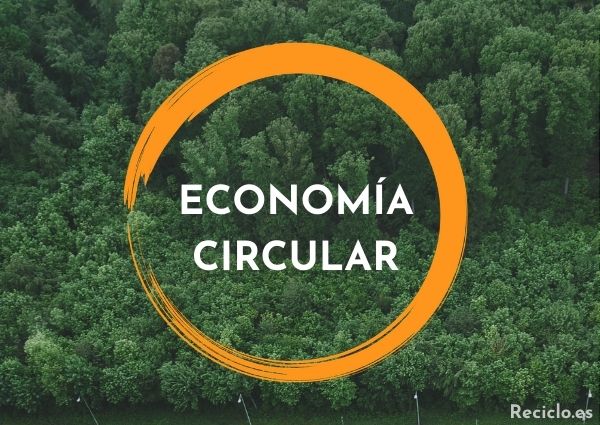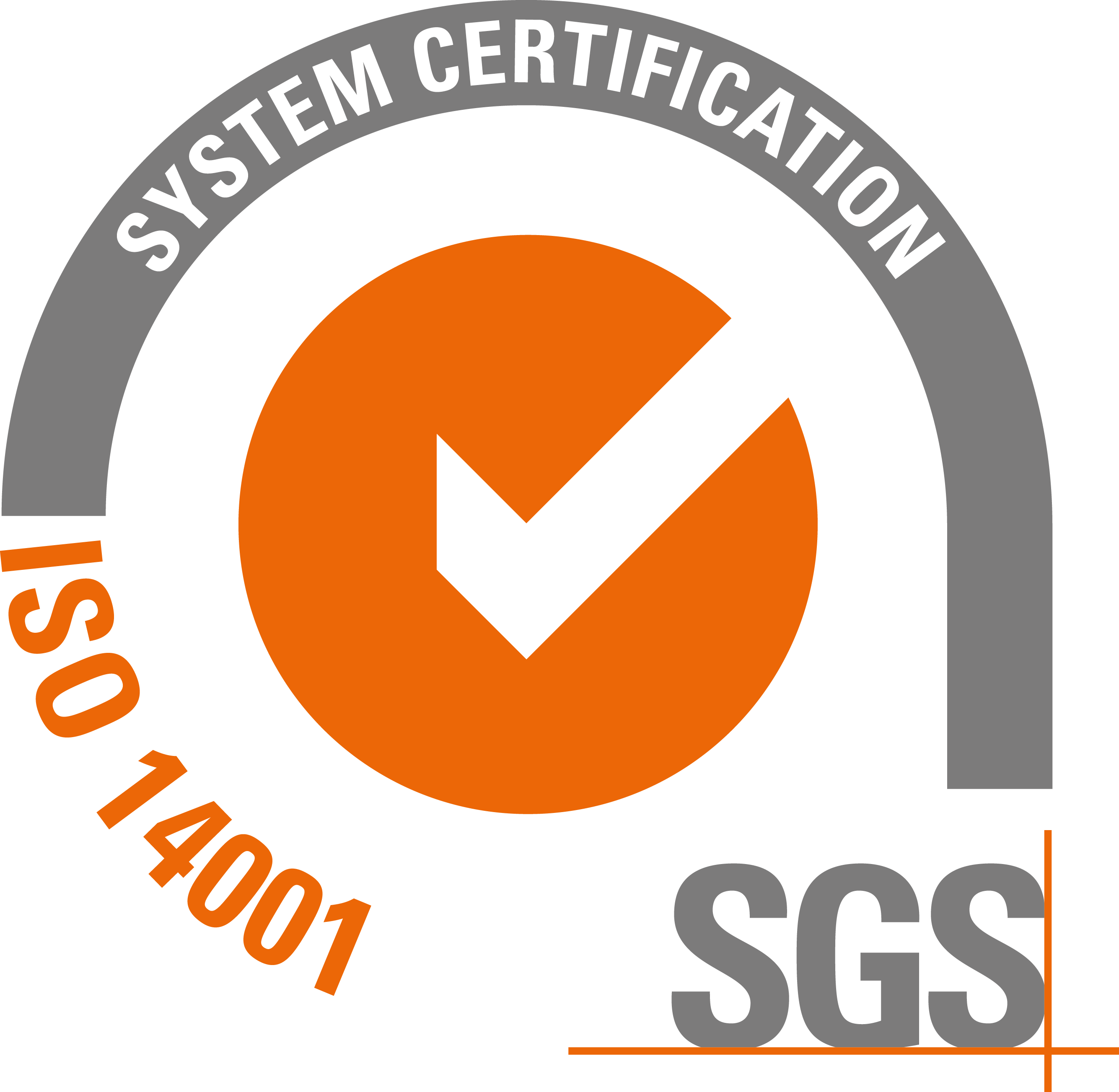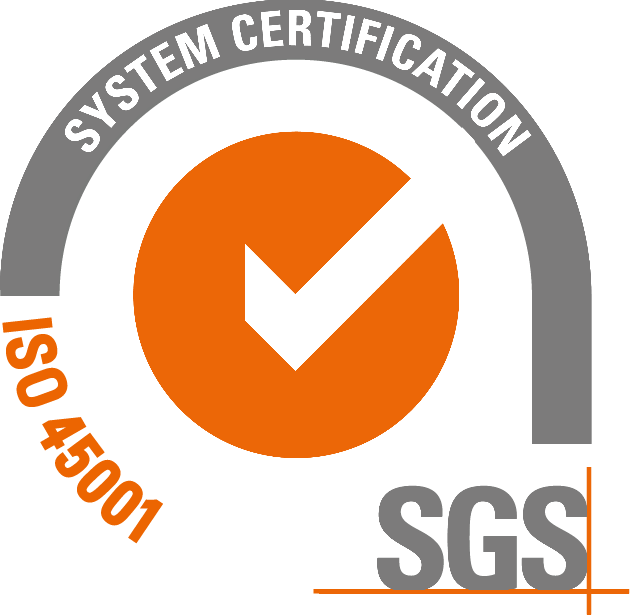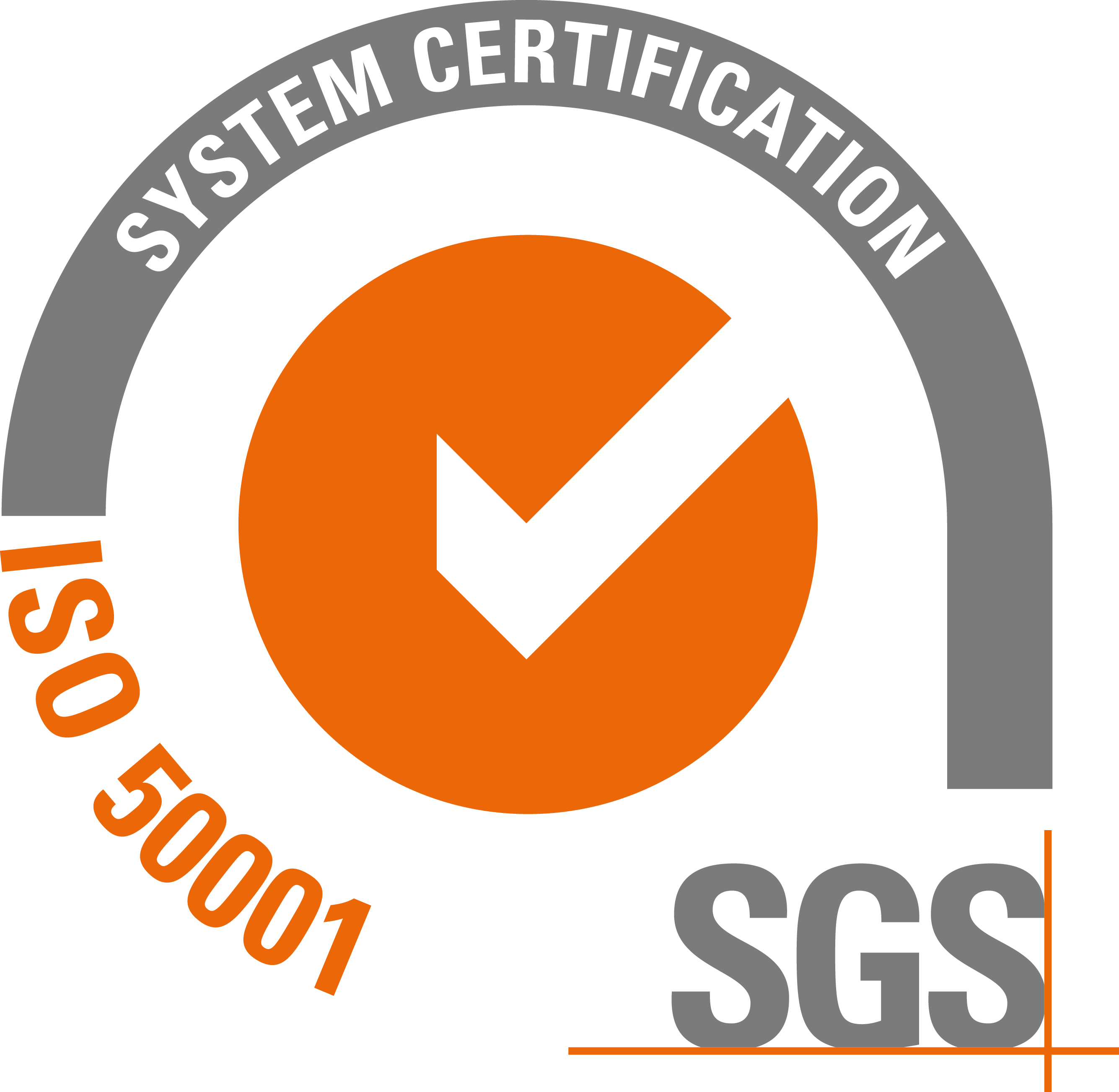23.02.2023
Can the bakery survive in the current context? Substantial regulatory challenges in the circular economy

The year 2023 has started with intensity for our sector due to the large number of legislative innovations implemented during previous years, especially in the field of the circular economy, which are being translated into the daily operations of manufacturers.
By Silvia Martín, Director of Food Regulations at the Spanish Association of the Bakery, Pastry, and Confectionery Industry (ASEMAC).
WASTE AND CONTAMINATED SOILS LAW
On January 1, 2023, the new special tax on non-reusable plastic packaging came into effect, and just two days earlier, the Official State Gazette (BOE) published Order HFP/1314/2022, of December 28, approving Self-Assessment Form 592 and Request Form A22 for reimbursement. This order also regulates the registration of the tax at the territorial level, the maintenance of accounting records for manufacturers, and the submission of a register of stock for intra-community acquirers.
The tax is levied on the use of non-reusable bread bags containing non-recycled plastic, whether entirely or partially (it is exempt if reusable or if the plastic is recycled).
Given the numerous doubts arising from its application, the Tax Agency itself conveyed a message on December 28th stating that this was a very broad-based tax, as it affects not only plastic packaging manufacturers but also importers and businesses engaged in intra-community acquisitions of plastic packaging (empty or containing products).
Considering the wide spectrum of affected entrepreneurs, the Tax Agency indicated that a special effort was being made to disseminate information about the tax and its functioning, in order to promote voluntary compliance with obligations.
As evidence of this effort and in an attempt to address the numerous questions that arise, the Tax Agency organized a webinar related to the special tax on non-reusable plastic packaging at the end of the year. Simultaneously, they published a question and answer document intended to shed some light on the application of this tax. On our part, at ASEMAC, and contributing our part, we have compiled all the information derived from the numerous doubts sent by our affiliated companies, conveyed in writing directly to the Tax Agency or through other channels.
ROYAL DECREE ON PACKAGING AND PACKAGING WASTE
But as if the introduction of the previous tax hadn't been enough, on December 28, 2022, Royal Decree 1055/2022 was published, regulating packaging and packaging waste, and entering into force the following day, except for the new marking obligations for packaging, which will take effect on January 1, 2025. This new regulation provides detailed guidelines on various issues related to the legal framework for packaging and its waste, with the aim of preventing and reducing its impact on the environment.
The Royal Decree introduces significant innovations in waste prevention and reuse, with measures that will have a high impact not only on packaging manufacturers but also on distribution companies. At ASEMAC, we emphasize that mechanisms are established to increase transparency in packaging information and packaging waste, as well as to ensure proper monitoring and control of obligations regarding the placement of products on the market and the management of their waste by product producers and sector organizations.
To this end, a packaging section is created in the Product Producers Registry, which will entail a new administrative burden for our manufacturers, as it applies to all types of packaging (commercial, industrial, or domestic). In this registry, all "product producers" as defined by the legislative text, which includes "packagers or economic agents engaged in the import or acquisition of packaged products for placement on the domestic market," must register and annually submit information on packaging placement in the market, waste management, and financial management of systems. However, the definition of product producers has not been immune to multiple interpretations, leading the Ministry of Ecological Transition and Demographic Challenge to publish an interpretative note in this regard in February, including specific scenarios that have come to their attention.
These obligations apply to all types of packaging and materials, including domestic, commercial, industrial, and service packaging. In the case of the bakery and pastry sector, the latter would refer to the familiar bags found in bakery sections of supermarkets.
A large number of companies affiliated with ASEMAC market their bakery and pastry products through cardboard boxes containing various product units. Therefore, they will have to register information about commercial packaging, implying a significant impact on their administrative management.
From January 1 to April 30, 2023, procedures related to annual packaging information, which includes the Product Producers Registry, are in a testing phase on the electronic platform. This means that it is possible to access the procedure, input information, and save it, but signing and registering declarations is not yet allowed.
On the other hand, two extraordinary periods have been established for the submission of data related to packaging placed on the Spanish market in 2021 and 2022, which will further burden the administrative processes of our companies retroactively. These periods are as follows:
From 05/01/2023 to 07/31/2023. Data submission period for the 2021 reporting year. From 08/01/2023 to 10/31/2023. Data submission period for the 2022 reporting year. Regarding Extended Producer Responsibility (EPR), this royal decree extends obligations to producers that place commercial and industrial packaging on the market, which were previously exempted according to the Packaging and Packaging Waste Law, making them responsible for managing the waste they generate. Furthermore, this will involve various adaptations for Extended Producer Responsibility Collective Systems (EPRCS) for domestic packaging established up to the present date.
FUTURE OUTLOOK
Therefore, 2023 brings significant changes in packaging matters, coupled with the implementation of the tax on single-use plastic packaging, resulting in substantial modifications to the operations of our companies that are not insignificant in terms of costs. Our industries will have to search for alternative materials and assume a significant administrative burden in an environment that is constantly changing and overly burdened from a regulatory standpoint. Additionally, we must remain vigilant regarding regulatory developments in this field, as a proposal for a Commission Regulation on packaging and packaging waste has been under review since November 30th, which will further increase requirements for eco-design, reuse, and labeling.
Lastly, addressing the question raised about the survival of our sector in the current context in the face of current regulatory challenges in the circular economy, it is essential that companies continue to invest in innovation, as they have been doing since the emergence of frozen dough in the 1990s and in improving the sustainability of the products we bring to market.
In any case, we must not forget that our sector is not unaffected by the consequences of the war in Ukraine, both due to supply problems of the agricultural raw materials it uses and the increase in energy prices. Therefore, it is essential that new administrative or tax burdens are not introduced and that market unity is guaranteed, meaning that there should be no regional or municipal regulations in the field of the circular economy that hinder the free movement of our products throughout the territory.
About ASEMAC
The Spanish Association of the Bakery, Pastry, and Confectionery Industry (ASEMAC*) is a national professional organization present in all Autonomous Communities, with a majority representation in its sector.
As a sector-specific professional organization, ASEMAC* aims to defend the business interests of the food industry it represents, both before Autonomous Communities, Local Entities, and Business Organizations, as well as before State Entities, the European Union, and International Organizations.
ASEMAC* brings together 80% of companies and nearly 90% of sales in the sector; its affiliated companies have a significant capacity to generate quality employment, with nearly 5,000 people directly employed.









